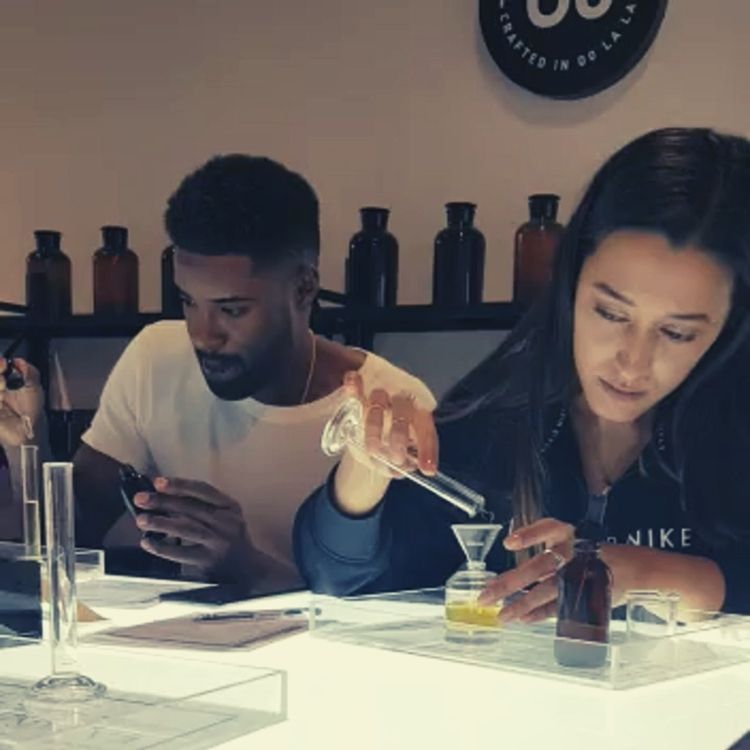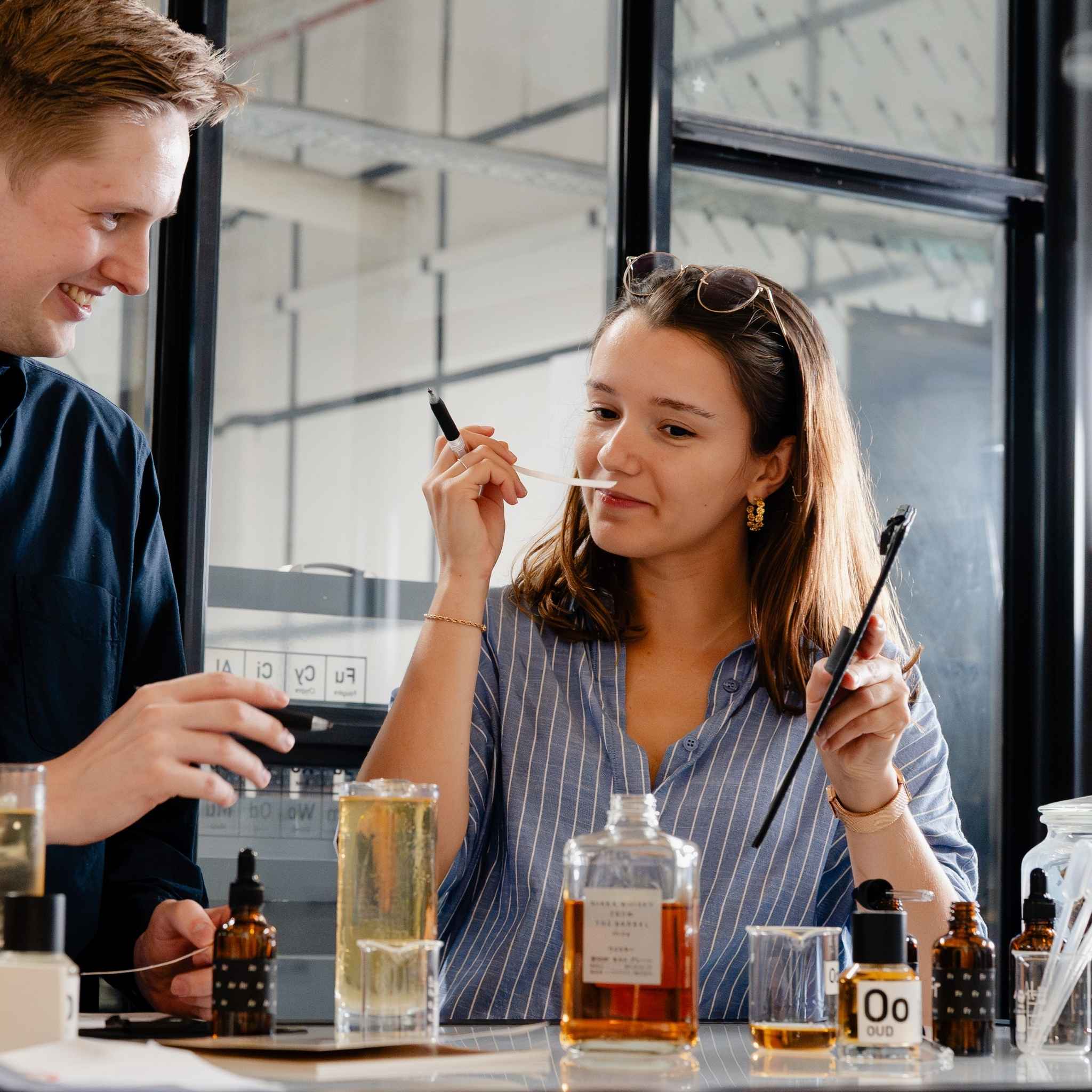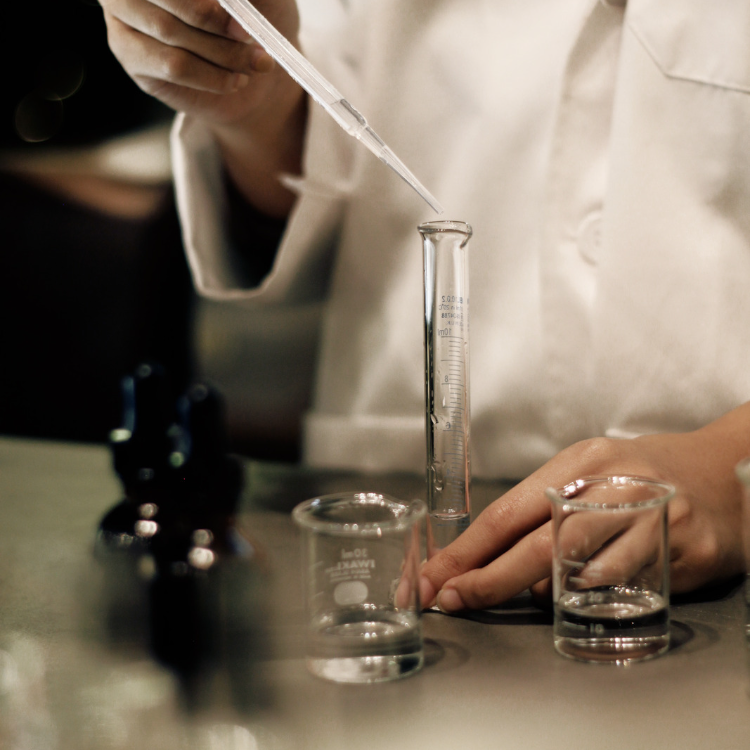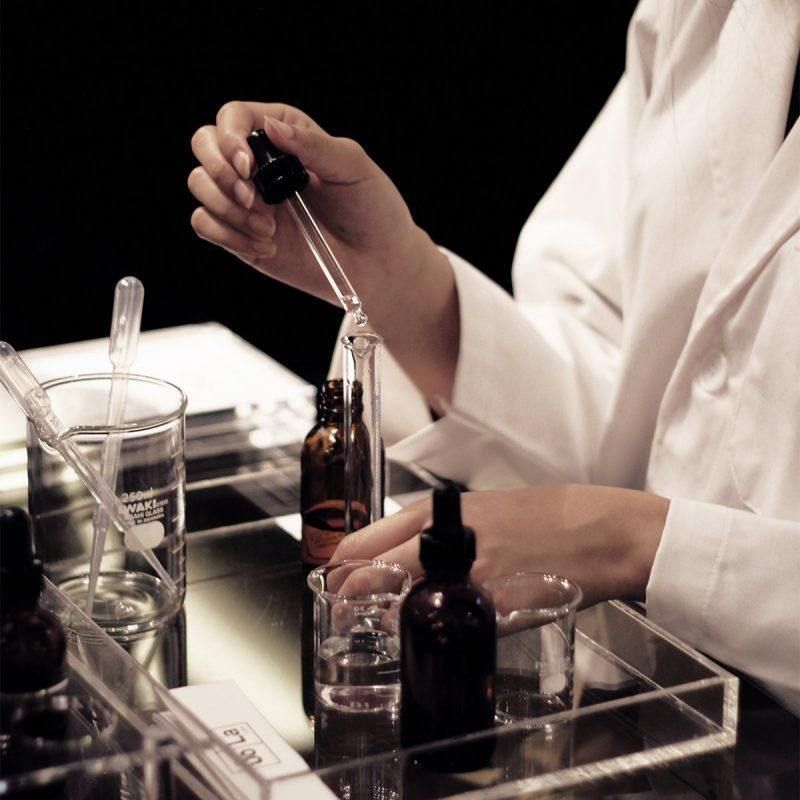The Enchanting Alchemy of Love
By Dan Terry
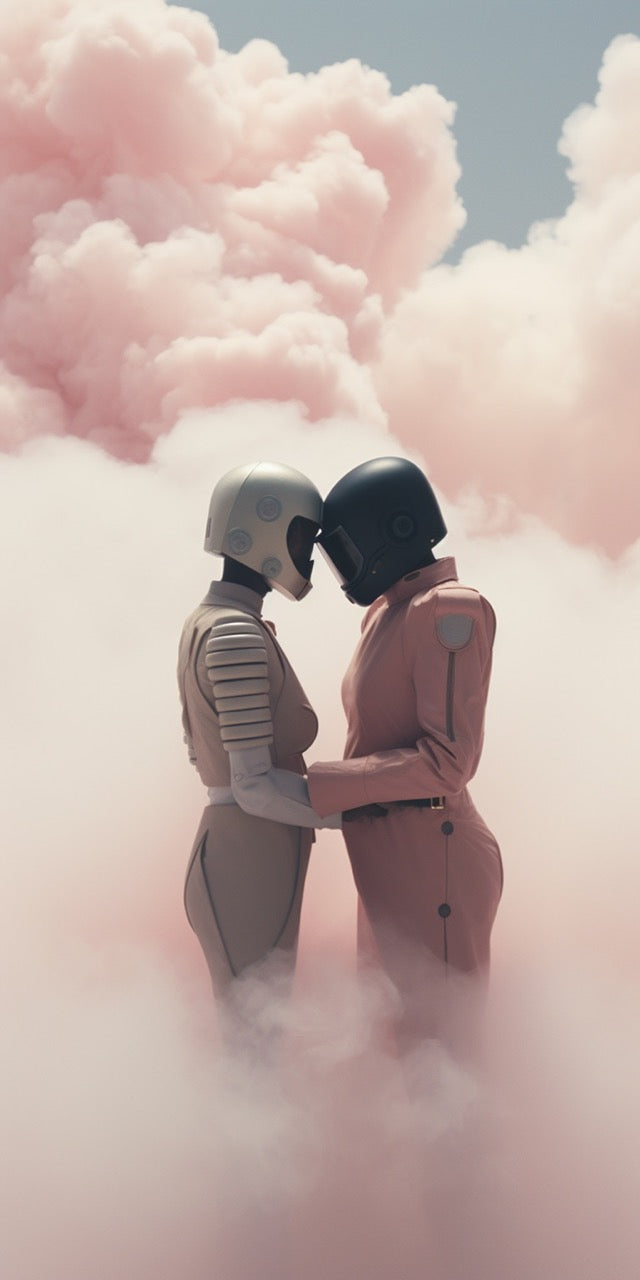
Love, with its mysterious allure, has inspired countless tales of magic and enchantment throughout history. One such captivating concept that transcends cultures is that of the 'Love Potion.' Join Oo La Lab on a journey into the origins, contexts, and cultural nuances surrounding the idea of a love potion, exploring how aromas and perfumes have been intricately woven into this fascinating narrative.
The Genesis of Love Potions: An Ancient Tale
The concept of love potions finds its roots in ancient civilizations, where mystics, alchemists, and wise individuals sought to harness the power of nature to influence emotions and desires. In Greek mythology, potions associated with love were often linked to goddesses like Aphrodite, the embodiment of love and beauty.
Cultural Perspectives: Love Potions Around the World
-
Ancient Egypt: Perfumes and scented oils played a significant role in ancient Egyptian love rituals. Cleopatra, known for her mastery of perfumery, was believed to have used fragrances to bewitch both Julius Caesar and Mark Antony.
-
Medieval Europe: Love potions took on a more prominent role during medieval times. Alchemists and herbalists concocted elixirs using a variety of ingredients, including herbs and flowers, with the belief that inhaling or ingesting these concoctions could stir feelings of passion.
-
Asia: Traditional Chinese medicine incorporated the use of herbs and aromatic substances to balance the body's energies, including those related to love and relationships. Fragrances, such as sandalwood and jasmine, were believed to enhance romantic connections.
Aromas and Perfumes: Emissaries of Love
Fragrances have been integral to the concept of love potions, acting as carriers of emotion and desire. The power of certain scents to evoke emotions has been acknowledged across cultures:
-
Rose: Universally recognized as a symbol of love, the fragrance of roses has been associated with passion and romance. Ancient Greeks linked the rose to Aphrodite, reinforcing its connection to love.
-
Jasmine: In many cultures, jasmine represents sensuality and love. In the Middle East, jasmine flowers were used to create perfumes that were believed to enhance attraction.
-
Vanilla: With its sweet and comforting aroma, vanilla has been considered an aphrodisiac. In some cultures, it's believed to stimulate feelings of love and intimacy.
Modern Perspectives: Love Potions in the 21st Century
While the concept of love potions may have evolved from ancient rituals, modern interpretations often take a symbolic or metaphorical form. Perfumes marketed as pheromone-infused or love-inducing aim to evoke attraction through carefully crafted scent compositions.
At Oo La Lab, we celebrate the timeless connection between fragrance and emotion. Our annual Valentine's Day workshop is an ode to the enchanting world of scents, allowing participants to craft their own expressions of love through bespoke perfumes.
The evocative notion of the 'love potion', rooted in ancient beliefs and practices, continues to weave its magic through cultures and centuries. Aromas and perfumes, as carriers of emotion, have been integral to this enchanting narrative, adding layers of mystery and allure to the timeless tale of love.
As we celebrate love this Valentine's Day, let fragrances be the silent messengers that speak the language of the heart.
- Tags: Fragrance Education

